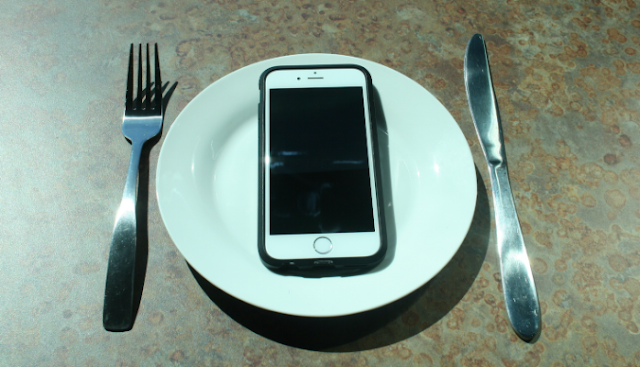Why Do We Pay a Dollar for Fast Food but Not for Mobile Apps?
I recently saw an advertisement for a fast food chain's Dollar Menu, and it got me thinking of the difference in consumer habits when paying a dollar for fast food versus paying that same dollar to download a mobile app. Why is it that charging $1 for food has been such a successful driver for fast food's growth and revenues, but charging any amount upfront for a mobile app often results in far fewer downloads--even if the app works incredibly well and has proven immediate and residual value?
I’ll acknowledge this isn’t an apples-to-apples comparison, as food and mobile apps are quite different in terms of need and availability. I need food to survive, yet I don’t always have a wealth of options available; and those options are dictated by how much I can pay for food, how many friends or family members might also need to eat, and how physically far away I am from other possible food sources. However, mobile apps are not essential to my survival (even if using them might make my life much easier), and as far as options, there are over 3 million Apple and Android apps available for me to download to my phone or tablet from almost anywhere, at any time.
The availability of options is the key to understanding why we approach the upfront cost of each product so differently. Fast food might not be our preferred option for abating hunger, but with most of us packing more obligations every day into an already busy schedule, we may have no choice but to consume it on occasion because it’s more convenient, quicker, cheaper, and/or it prevents disruption to our routine. And plenty of us choose it.
Unlike fast food, there are a wealth of free and good-enough alternatives to just about any mobile app for any device, and the need for a mobile app is almost never immediate, so we rarely feel pressured to make a purchase/download decision that costs us money. Most of us also do quick research on an app before downloading, via published reviews online or in the app stores, and this user-generated feedback can heavily influence our decision to download the app regardless of the price.
For mobile app users, the upside to this consumer behavior is that app developers must constantly differentiate themselves from competitors by routinely improving the quality of our apps and offering newer and better functionality with each update. It's also led to some creative ways for developers to monetize apps, from the "freemium" model to in-app purchases popularized mostly by gaming apps.
The short-term downside for app developers is the uphill struggle for non-gaming apps to produce even the smallest amount of revenue that would enable development firms to grow, build, and release more and better apps. Whether it’s fast food or mobile apps, or almost anything, we’re more likely to go with a cheaper option after considering our immediate need for the product against its cost versus adequate, available alternatives.
But in my opinion, these behaviors will change within the next few years, whether it's food or mobile apps. For one, established quick-service restaurants are getting more food-conscious; and as indicated by the rapid growth of the wearables market, vastly improved smartphone technology, and the Internet of Things, consumers rely more on mobile apps with each passing day. Eventually, smarter spending will favor the companies providing more tangible and altruistic value to our lives, allowing the best products to earn more tangible success and longevity than their cheaper competitors that market products based on price alone.
----
Ankur Gopal is an entrepreneur and CEO of Interapt, a high-tech B2B mobile development and mobile strategy firm that builds cutting-edge solutions for smartphones, tablets, Google Glass and wearables. Before Interapt, he studied at the University of Chicago’s Polsky Center for Entrepreneurship and worked at Accenture doing strategy and IT consulting for multiple Fortune 500 clients.
Follow Ankur on Twitter at @AnkG!





Post A Comment:
0 comments: